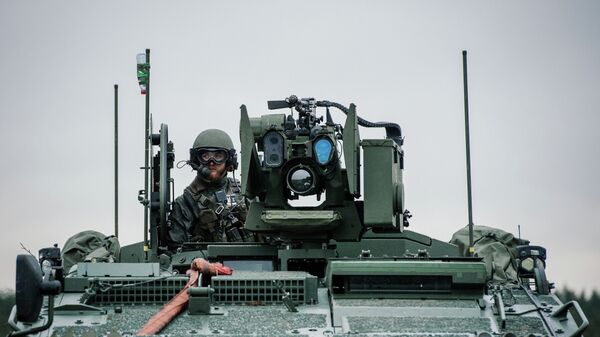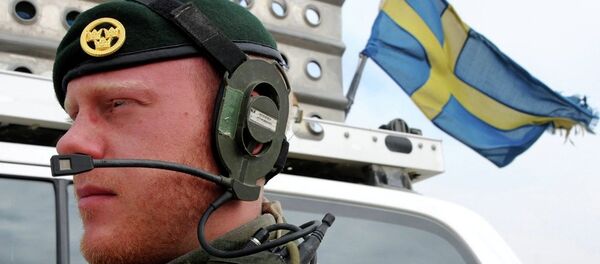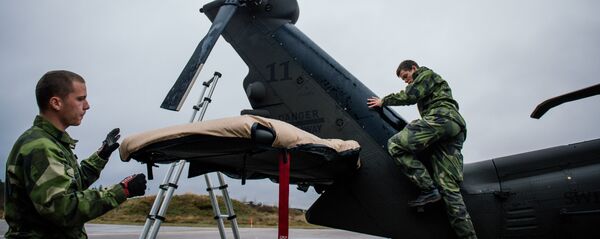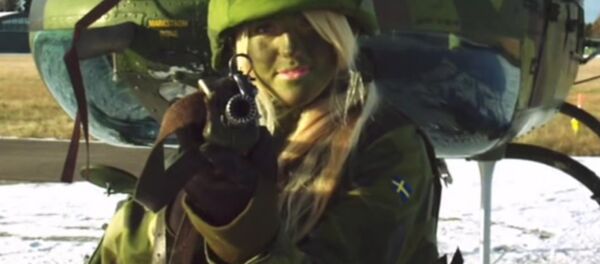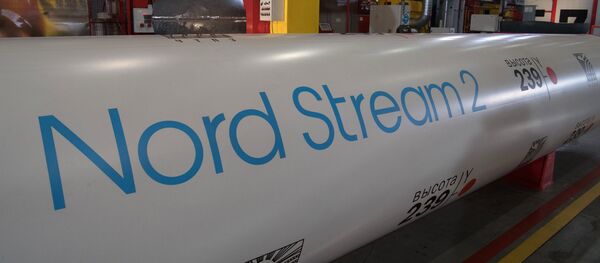"Seen from the army's perspective, fewer units will be available on short notice and have the same level of preparedness we have built up now," Lars Fresker, the chairman of the Officer Association told Swedish Radio.
In the fall of 2016, a government investigation concluded there was a drastic need to reintroduce conscription due to the fact that the voluntary service only managed to attract about 2,500 men a year, providing a widening gap of 7,400 soldiers and officers (in a country with an active army of only 20,000 men).
"Personnel costs are always underestimated, so I do not think they will manage to push the expenditure to sufficient heights," Lars Fresker said.
The Swedish Armed Forces have been waning in size since the end of the Cold War era in lockstep with shrinking military budgets. Today, the Swedish Armed Forces only numbers 20,000 men, as opposed to 180,000 in the 80s. Accordingly, Sweden's defense budget has shrunk from 3.1 percent of the country's GDP in 1981 to only 1.1 percent in 2016.
Wartofta stridsvagnskompani befinner sig just nu på Gotland där Försvarsmakten genomför en beredskapskontroll https://t.co/kraFqpfZZK #svfm
— Försvarsmakten (@Forsvarsmakten) December 7, 2016
The recent cooling of Swedish-Russian relations, which seems to have re-vitalized Sweden's age-old fears of Russia, have together with Trump's victory in the 2016 US presidential elections, spurred both the issue of hiking military expenditure and the perennial NATO debate for the still-nonaligned Nordic country.
Furthermore, the Swedish government's plans to reinstate a civil defense from the Cold War era, was met with criticism from Swedish municipalities, which claim that the authorities are making unreasonable demands. Recently, security chiefs in Swedish municipalities received letters from the Swedish Civil Contingencies Agency (MSB) with demands for increased war readiness on account of Moscow's "increasingly aggressive" attitude, Swedish newspaper Sydsvenskan reported.
Jonas Hult, who is responsible for security in Malmö Municipality, argued that the municipalities are hopelessly behind in preparations for lack of funds. Additionally, there is no planning for how municipalities should organize protective masks, vaccines, gasoline or shelters in case the security situation worsens.

